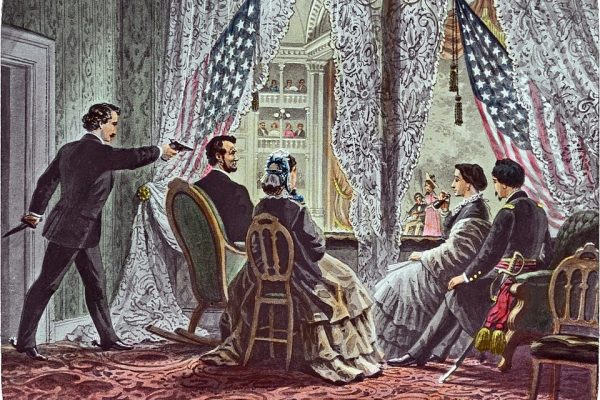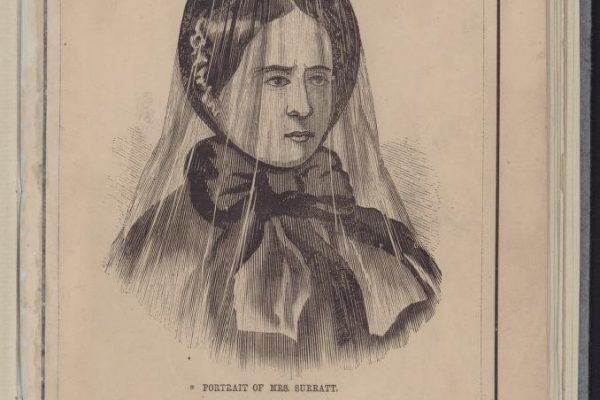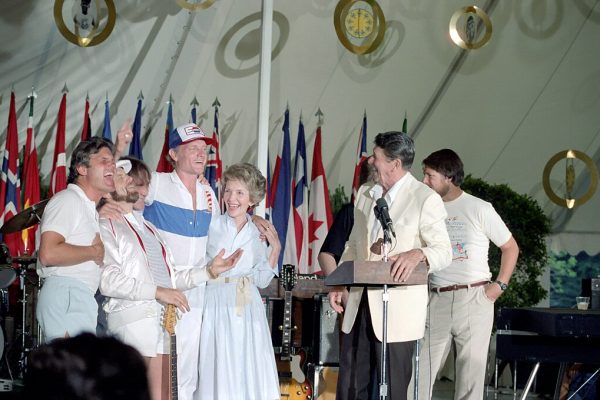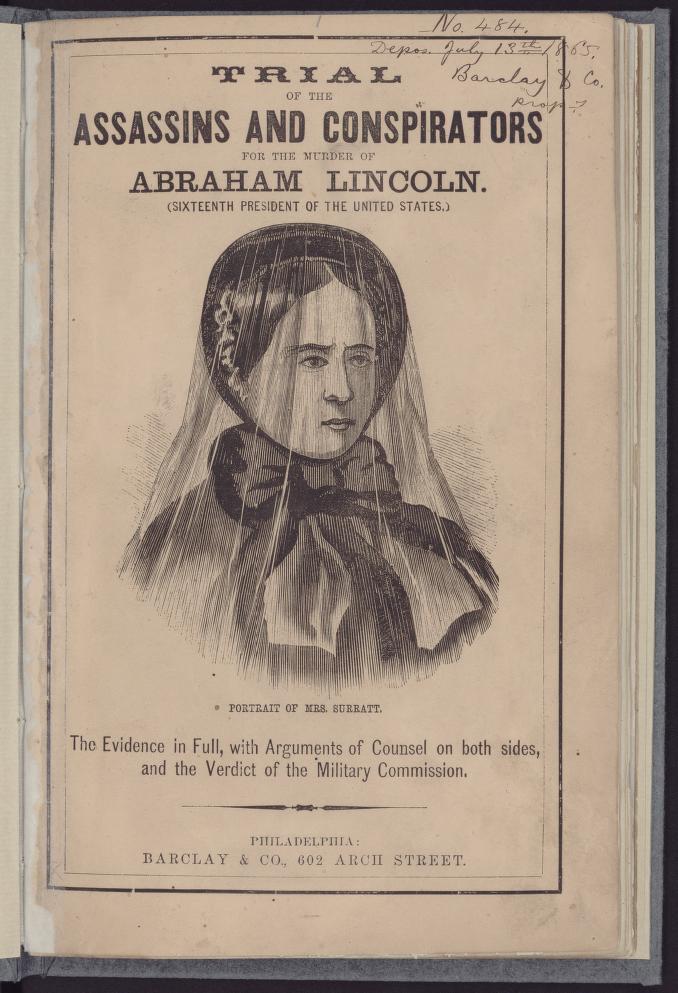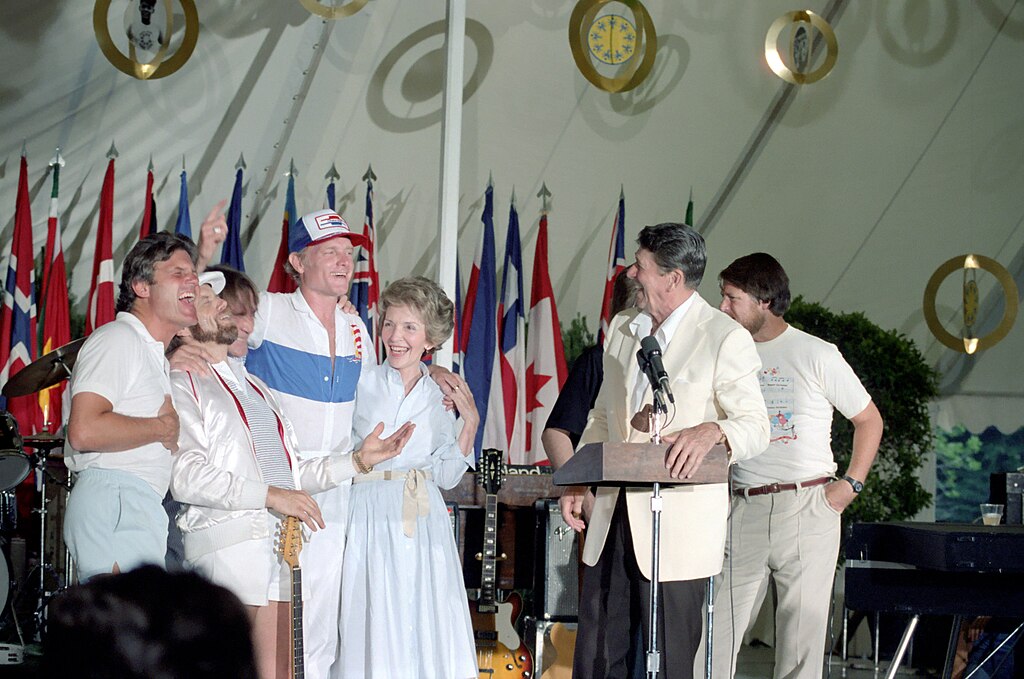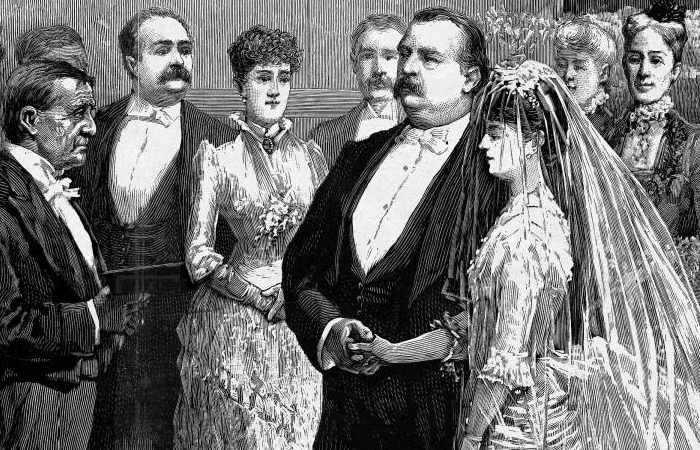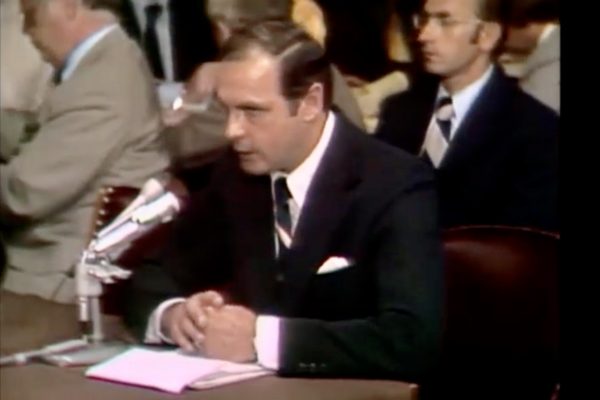

The Testimony that Toppled Nixon
Alexander Butterfield never wanted to destroy a presidency. The aide left Nixon’s White House hoping to escape the growing Watergate scandal.
But when congressional investigators asked him directly about recording devices 52 years ago, Butterfield chose truth over loyalty.
His July 16, 1973, testimony revealed Nixon’s most guarded secret: The White House had recorded all Oval Office conversations since 1971.
Nixon’s Secret Became His Downfall
Nixon installed the recording system to document his presidency. Every phone call and meeting in the Oval Office was captured on tape.
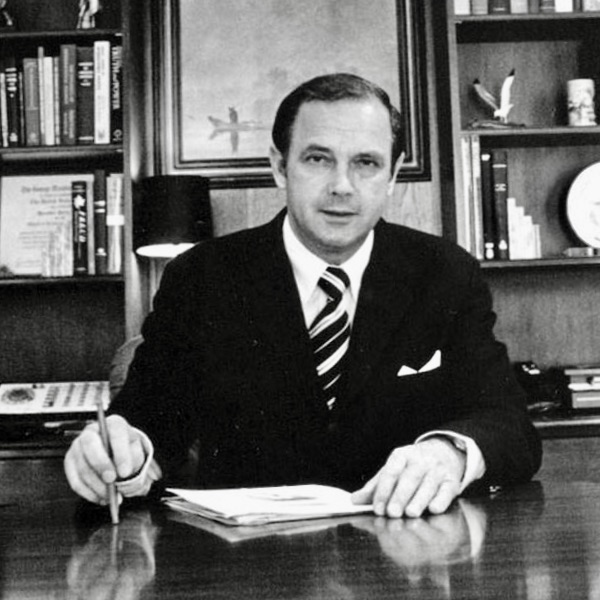
The president believed the tapes would vindicate his decisions. Instead, his own voice became evidence of his crimes.
Butterfield was among few officials who knew about the system. He helped maintain the secret that could destroy the president.
Watergate Investigation Stalls
By summer 1973, the Watergate investigation had reached an impasse. The case centered on a break-in at Democratic Party headquarters in the Watergate building.
Former White House counsel John Dean testified that Nixon participated in covering up the break-in. It remained Dean’s word against the president’s.
Investigators noticed Dean quoted Nixon with remarkable accuracy. They began to suspect something assisted his memory.
Congressional Testimony Reveals Tapes
Butterfield had left the White House in March 1973 to become the head of the Federal Aviation Administration. He hoped to distance himself from the Watergate scandal. Congressional investigators subpoenaed him anyway.
During his private interview with committee staff, Butterfield was pressed about recording devices. Butterfield confirmed their existence.
“There is tape in the Oval Office,” he testified. “This tape is maintained by the Secret Service.”
The admission revealed Nixon’s most closely guarded secret.
Public Testimony Changes Everything
On July 16, 1973, Butterfield testified before the Senate Watergate Committee on live television. Republican counsel Fred Thompson, who later became a Hollywood actor and U.S. senator from Tennessee, questioned him for 30 minutes.
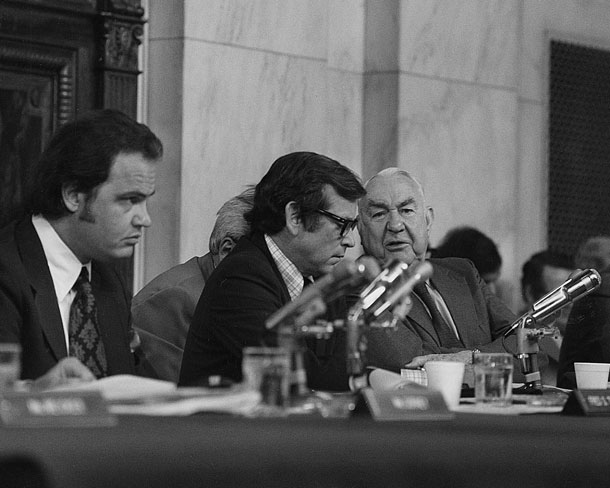
The brief testimony transformed the investigation. “When Butterfield gave that dramatic testimony in July 1973, it was a pivot point in Watergate,” Washington Post reporter Bob Woodward later said.
The revelation changed the case from a credibility contest to a search for evidence. Investigators now knew Nixon’s voice could prove his involvement.
Nixon had installed the recording system to protect his reputation. The tapes instead became evidence of criminal activity.
The tapes instead became evidence of criminal activity. The June 23, 1972, recording captured Nixon ordering the CIA to block the FBI’s Watergate investigation. His own voice proved his guilt.
Constitutional Crisis Leads to Resignation
The tape revelation triggered a constitutional battle that reached the Supreme Court. Nixon fired special prosecutor Archibald Cox when Cox demanded the recordings.
The Supreme Court ruled unanimously that executive privilege couldn’t overcome judicial subpoenas. Nixon resigned Aug. 9, 1974.
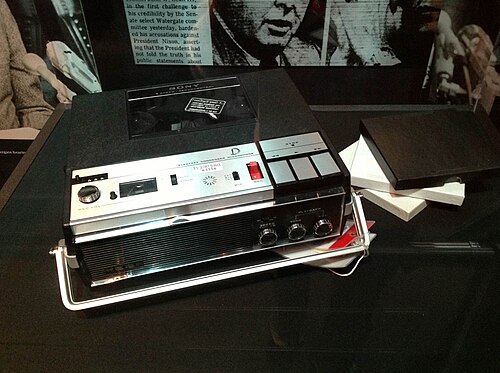
Butterfield never regretted his testimony. He knew it would likely end Nixon’s presidency.
“I hated to be the guy who had to tell about the tapes,” he said in a 2016 interview. “But I saw these guys I really liked and admired going off to jail. And I realized Nixon exploited their loyalty.”
Butterfield watched other officials lie to protect Nixon. He decided he would not join them.
“People were lying right and left,” Butterfield said. “So, I said if they asked me an absolutely direct question, I feel I will have no choice but to answer directly.”
When others lied to protect Nixon, Butterfield chose truth over loyalty.
Why Butterfield’s Testimony Mattered
- A career civil servant placed constitutional duty above political allegiance.
- Nixon’s own recording system provided evidence of his crimes.
- One honest answer transformed Watergate into a case with objective evidence.
- The system of checks and balances worked against a president who tried to subvert it.
Legacy
Butterfield’s testimony proved that even presidents face accountability when officials chose truth over loyalty.
He didn’t intend to topple a president. He refused to lie when questioned about facts he knew were true.
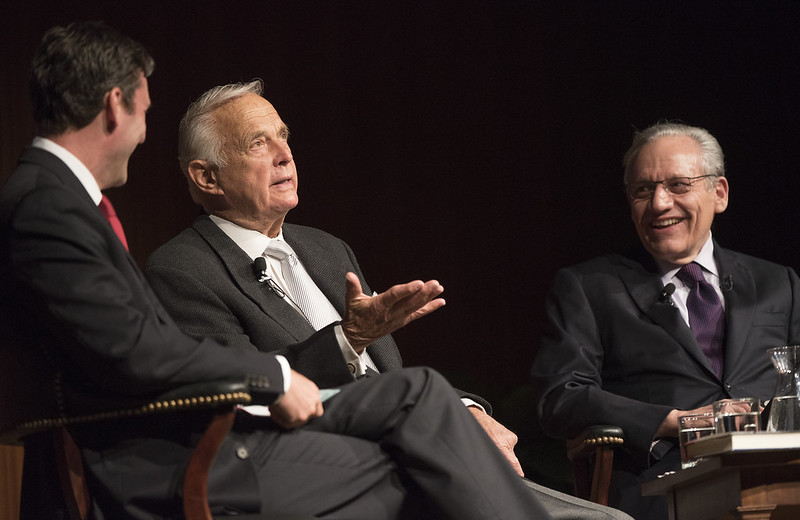
The case showed that consequential moments often occur when civil servants choose between truth and political expedience.
American democracy survived because one man decided honesty mattered more than loyalty.
(Feature photo is from a video by the Library of Congress)
Subscribe for weekly stories of Washington’s hidden history. The most important moments often happen when nobody’s looking.


